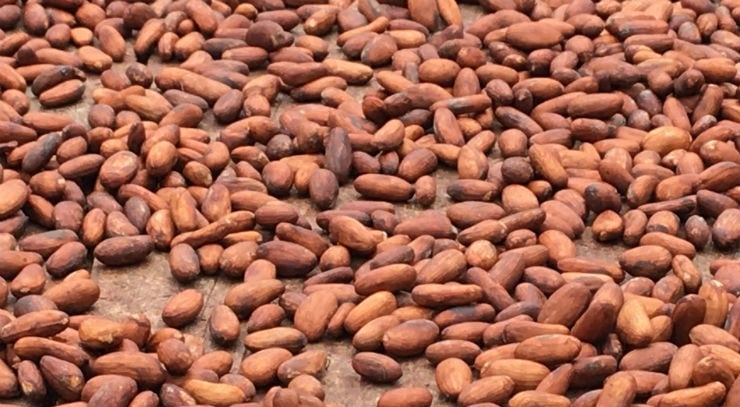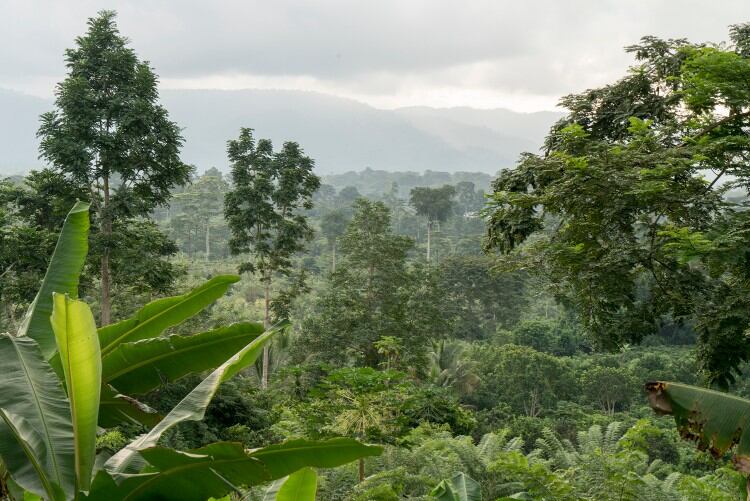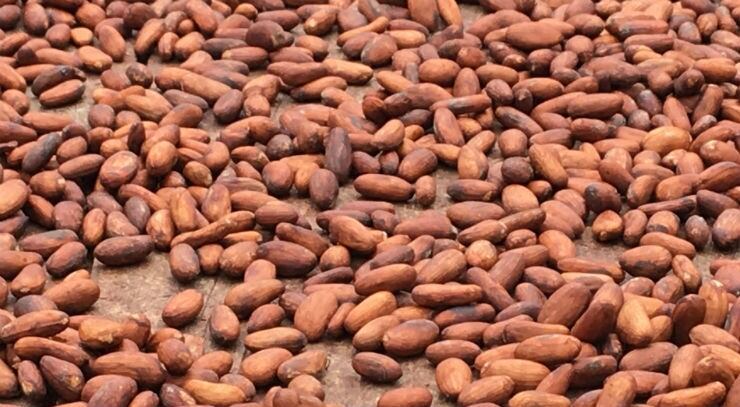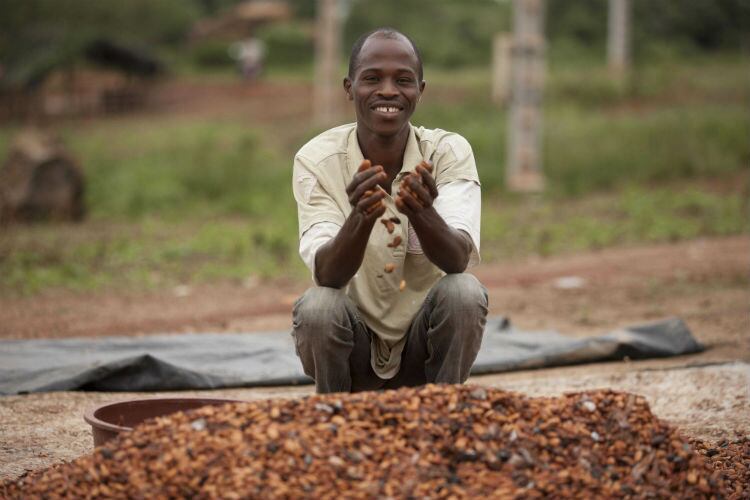The row irrupted last month when the countries’ trade boards - Le Conseil du Café Cacao (CCC) and the Ghana Cocoa Board (COCOBOD) - boycotted the World Cocoa Foundation’s Partnership Meeting in Brussels, claiming chocolate companies were undermining the Living Income Differential (LID) - a policy that places a premium of $400 per tonne on all cocoa sales, to fight poverty among cocoa farmers.
They say the scheme is being undermined as cocoa traders depress the price of another premium - origin differential - that operates in parallel.
The origin differential, an additional premium paid for the quality and reliability of cocoa beans and the Living Income Differential is a fixed amount of $400 agreed on for every tonne of cocoa sold by the two countries.
But the origin differential premiums has plunged below zero in the past 12 months, effectively cancelling out part of the LID.
Experts claim cocoa traders have factored the LID into their costs but claw back some of this by exerting pressure on the other premium based on the quality of cocoa beans.
Speaking last month before the WCF meeting, Yves Brahima Kone, the director general of the CCC said: "A direct rejection of the LID would give brands bad publicity since the LID represents the economic pillar of sustainability, therefore erosion of the origin differential was the easier target."
The global chocolate market is estimated to be worth $130bn and the two West African countries account for almost 70% of the world's cocoa but it is reckoned that cocoa farmers earn less than six percent of the industry's global revenue.
"We've introduced the Living Income Differential as a means of improving the farmer income," Fiifi Boafo, Cocobod's spokesperson, told AFP. "You have these companies circumventing these processes to ensure that the Living Income Differential effect is not felt in (their) lives."
Deadline
The two countries set 20 November as a deadline for bringing buyers into line. Almost all of Cote d’Ivoire’s crop is purchased by six of the world’s largest chocolate companies or cocoa suppliers. It is estimated that 80% is exported to Europe where sustainability legislation is pending.
They are also threatening to suspend sustainability programmes that chocolate companies use to enhance their image with more demanding consumers, especially in Europe.
"This boycott and also ultimatum is to draw attention to the fact that inasmuch as it is important for us to talk about deforestation, it is important to talk about child labour, it is equally important to talk about the farmer income," said Boafo.
There is a danger that the standoff may backfire on Ghana and Cote d’Ivoire if the row escalates. "Cote d’Ivoire’s economy is heavily dependent on cocoa income," one specialist told AFP. "It needs to sell its beans."




